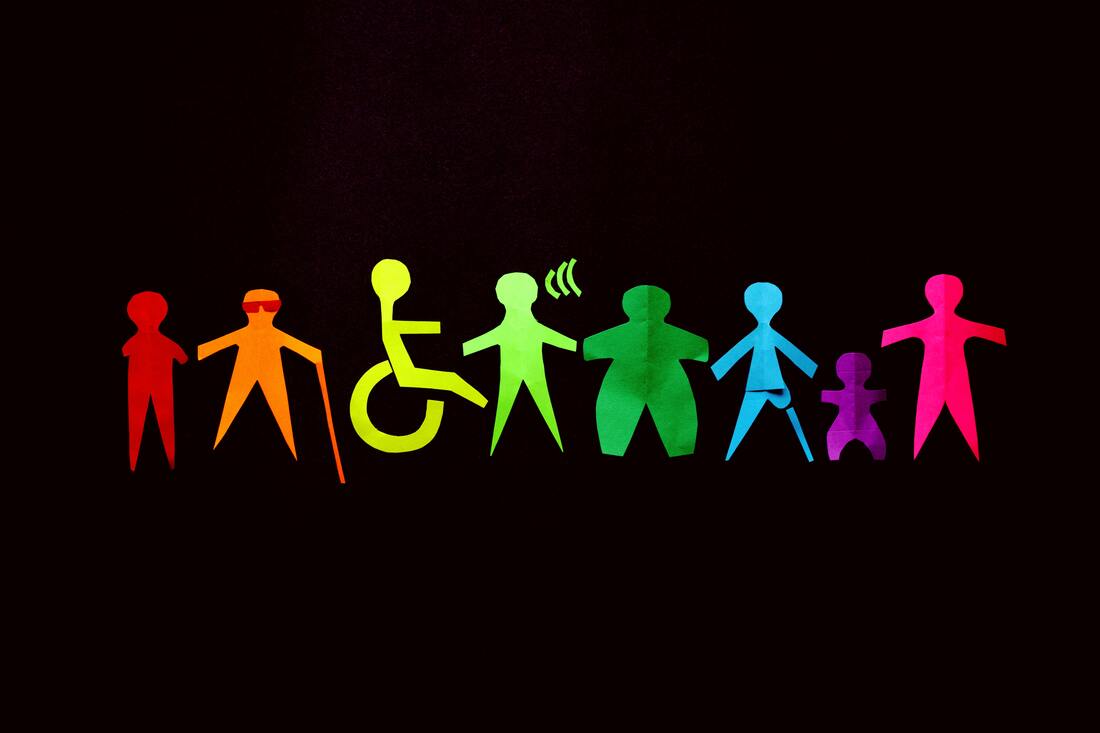|
The month of April is slated as a time to celebrate the accomplishments, diversity, talents, and voices of the Autism Community. It is also a time to reflect on how far we still have to go as a society to make space at the table for all Autistic individuals as a means to incite systemic change. You may interchangeably hear April referred to as Autism Acceptance or Autism Awareness Month (depending on who you ask). “Awareness” may imply to some that there is recognition of the Autism community. Some individuals have viewed Autism Awareness as an initial step towards disability inclusivity, but argue that the phrase doesn’t go far enough.
Thus, some individuals and organizations have begun to substitute “awareness” with “acceptance” to embrace the notion that Autism represents a natural part of human variation. By welcoming such variation, macro (society) and micro (families, friend-circles, teammates at work) level systems allow for the development of strong networks that understand and value differences. So is either term right or wrong? Or do both terms highlight progress towards full inclusion? One way to view this discussion is to address perspectives on Autism in the lens of neurodiversity. The concept of neurodiversity has risen in greater awareness and acceptance as more people acknowledge and celebrate differences in functioning. From the way individuals communicate, process information, or respond to subtle changes in their environment, the stigma of disability is being replaced with rebranded focus on strengths and unique capabilities. Taking this stance normalizes variation in levels of ability. This makes it commonplace to expect (and hopefully appreciate) that the person across from you brings forth different thoughts, communication styles, and life experiences which only adds to your knowledge-base of human interaction. As more of the world is aware of and accepting of the needs of Autistic individuals, it is my hope that we as a global society move towards inclusive practices that emphasize the need for equitable education, resources, and policies that promote improved quality of life. Increased awareness has led to greater acceptance of functional differences within the Autism community. Acceptance can now lead us towards inclusive conversations to make our communities accessible to all.
0 Comments
Your comment will be posted after it is approved.
Leave a Reply. |
Devon Brunson, MS, CCC-SLP, CBISWelcome to the CSL Blog - musings about treatment, education, care, and advocacy. Archives
June 2024
Categories |

 RSS Feed
RSS Feed